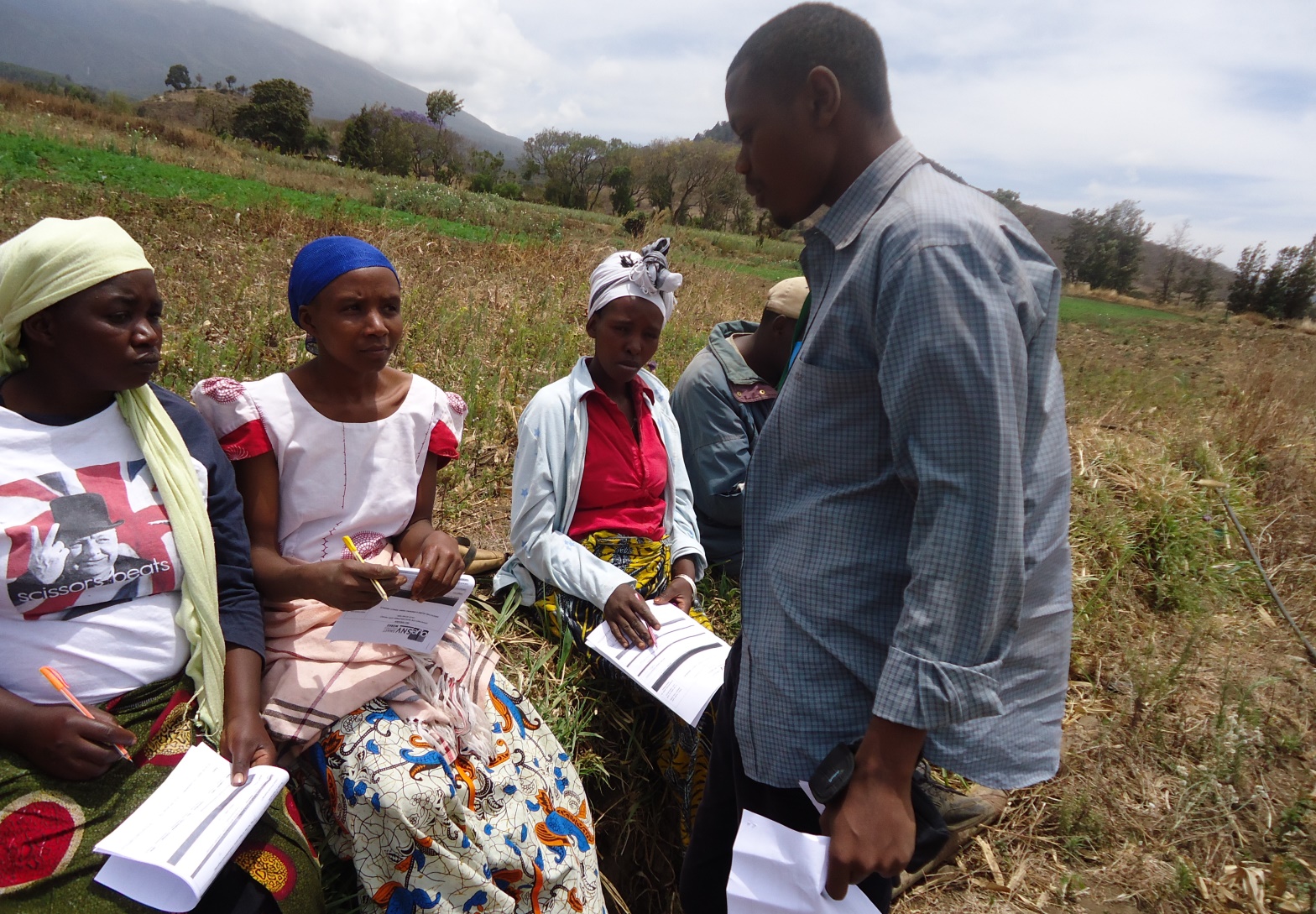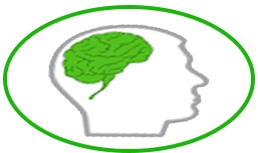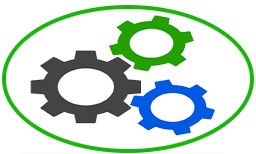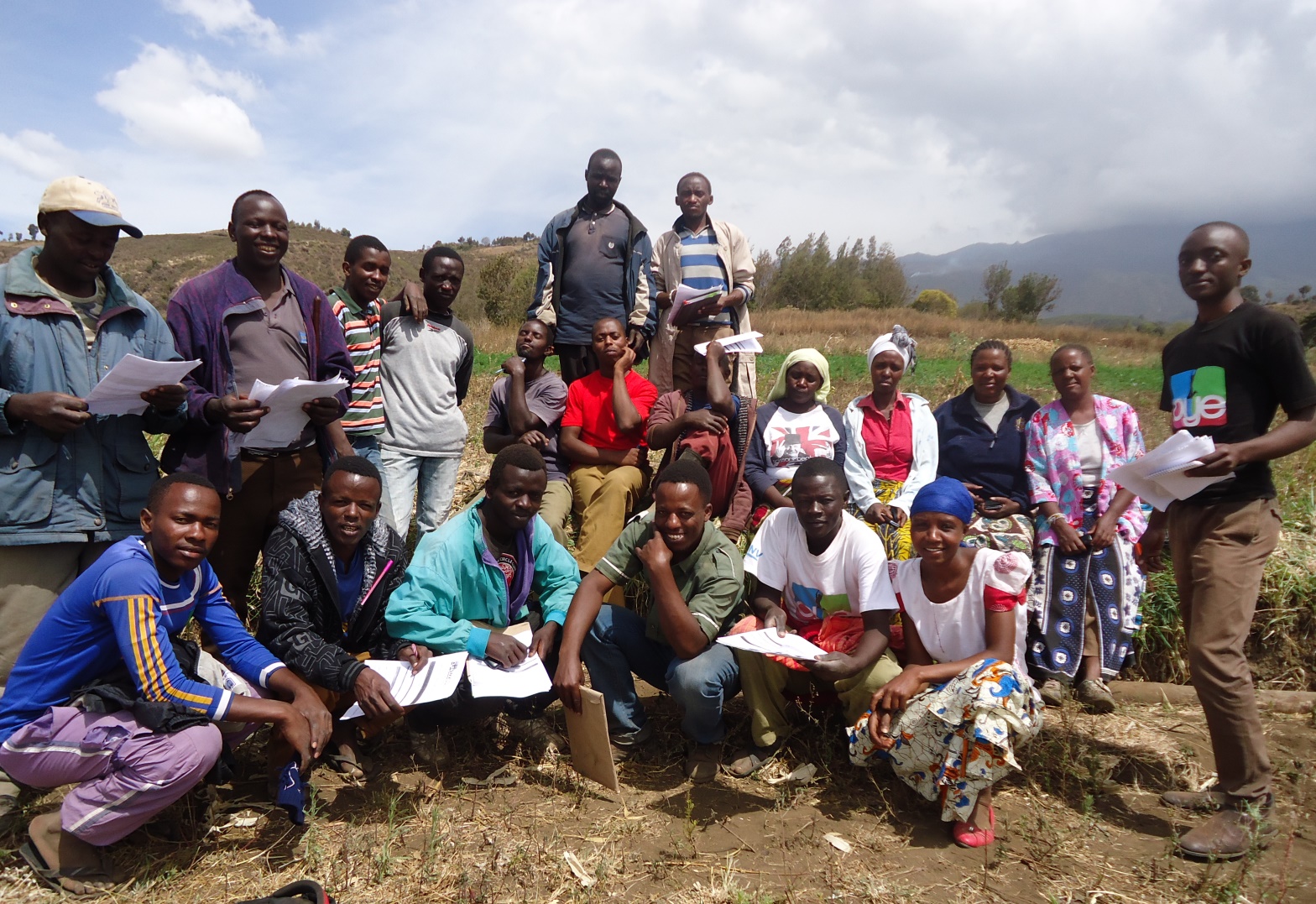YOUTH ECONOMIC EMPOWERMENT

STAWI works to support young people to develop the knowledge and skills they need to successfully transition to decent livelihoods and work. The organization empowers Tanzanian girls and boys with foundational skills and capabilities and creates environments that enable them to pursue safe and decent work/employment opportunities across the nation.
To make its vision align with the Tanzanian National Youth Development Policy of 1996, the organization has facilitated the implementation of various youth development programs which include skills for competence for economic empowerment, good values, ethics, and good conduct, youth participation in different developmental programs and provisions of youth-friendly services.
Since then, the beneficial outcomes of youth empowerment programs offered by STAWI resulted in improved social/soft skills, improved entrepreneurship, and business development skills, improved behavior, increased academic achievement, increased self-esteem, and increased self-efficacy. These programs are aimed at just empowering young Tanzanians to improve their mental, business, financial, vocational, spiritual, familial, physical, and social transformation changes through:

Youth Entrepreneurship and Mindset Skills

Youth Businesses Technical Assistance

Youth Entreprises Formation and Development
Through the Youth Economic Empowerment vision, STAWI believes that young people who are equipped with leadership skills, informed of their strengths and capabilities, and are willing to stand with their communities as they partake not only in decision-making processes but also lending their physical and mental strength to the growth of their communities are the vision behind the national development through capacity building programs.
In many places in Tanzania, young people are having to deal with increased unemployment and extreme poverty, lack of savings groups, microfinance, and financial inclusion, lack of Business Development Services and Entrepreneurship, lack of Sexual Health Reproduction education, and many other uncertainties. So it is through that gap STAWI offers Youth Economic Empowerment programs that focus on empowering youths to overcome the effects of unemployment and income insecurity on their lives. This is achieved through a number of transforming programs such as basic life-skills training, technical skills training, and business and entrepreneurship skills training on key youth-led enterprises socially acceptable and economically acceptable. We focus to link youth to opportunities along with higher growth sectors, Agriculture (Horticulture, Cereals, Beekeeping, Fishing, Poultry, and Dairy), and Natural Resources sectors. STAWI work to transform youth with knowledge, skills-based expertise, innovation, and creativity in order to invest in the mentioned sectors through different approaches such as training, facilitation, mentoring, coaching, and advisory. STAWI’s programs are mail evolving the utilization of applicable Science, Technology, Engineering, and Mathematics – (STEM) and ICT programs
Besides this, the youth economic empowerment program supports youth to form Youth led Entreprises (YLE) as well as strengthening Youth Saving and Lending Associations (YSLAs) if available. We have great experience in mobilizing and sensitizing youth to form workable enterprises and also providing them with working capital including start-up kits and logistics costs to proactively engage in viable IGAs.
In addition, the youth economic empowerment program focuses on empowering youth again to overcome the effects of youth exploitation, unemployment, and income insecurity on their lives. This is achieved through technical skills training, and business and entrepreneurship development skills training on key youth-led enterprises.
WHY YOUTH ECONOMIC EMPOWERMENT PROGRAM
According to the 2012 National Population and Housing Census, youth unemployment poses a very serious challenge to the achievement of the Tanzania Development Vision. The Tanzanian labor force (ages 15 – 64) includes 23.5 million people, or 52.2% of the total population is under unemployment, and the youth population (ages 15 – 35) is 15.6 million (equivalent to 66.4% of the labor force) is among the column. The unemployment rate among young people aged 15 – 24 years is 13.4%. Unemployment varies by gender, with 14.3% of females and 12.3% of males unemployed. Urban areas are hardest hit by unemployment, reaching 22.3% compared to 7.1% in the rural areas
The Government of Tanzania plays a great role to create enabling environment for youth effective participation in different economic activities including agricultural and renewable energy sectors. However, there has been low participation of youth in the sectors mentioned, which necessitates the Ministries concerned to come up with a specific strategy to promote youth involvement in agricultural and renewable energy economic activities. Efforts have also been made to involve Public-Private Partnership Program (PPPP) to support the implementation of the strategy, programs, policies, objectives, and activities regarding youth involvements. As a result of the engagement, STAWI play the following role to support youth development programs in Tanzania
STAWIS’ FOCUSED YOUTH ECONOMIC EMPOWERMENT DEVELOPMENTAL INTERVENTIONS
- Sensitizing, Mobilizing, and Advocacy youth unification and solidarity
- Facilitating Youth group formation and constitutional development
- Development and digestion of paying business ideas/activities for the Youth Group
- SWOT/ PESTLE analysis of the developed business ideas/activities
- Evaluation of business Ideas/business opportunity ( Feasibility and Viability status)
- Training on Basic life skills (soft skills) for personal/self-identification
- Training on Business Development Services – (BDS) (Ways of doing business successfully) including Business management, administration, Financial, Marketing, sales, Operations, partnership, Business contracts, etc
- Development of Business documents (Business Plan and Business Proposal) to guide business operation
- Leading youth groups in the implementation of the business idea based on the developed business documents
- Facilitating the development of youth Groups- Led – Enterprises.
- Facilitating the formation and development of Youth Saving & Lending Association Models
- Exposing groups members to different business opportunities through attending other business occasions like Trade fairs, exhibitions, forums, etc
- Linking groups to regional Micro Financial Institutions (MFIs) for accessing funds
- Linking groups to potential business stakeholders
- Link youth groups to potential markets of their products.
